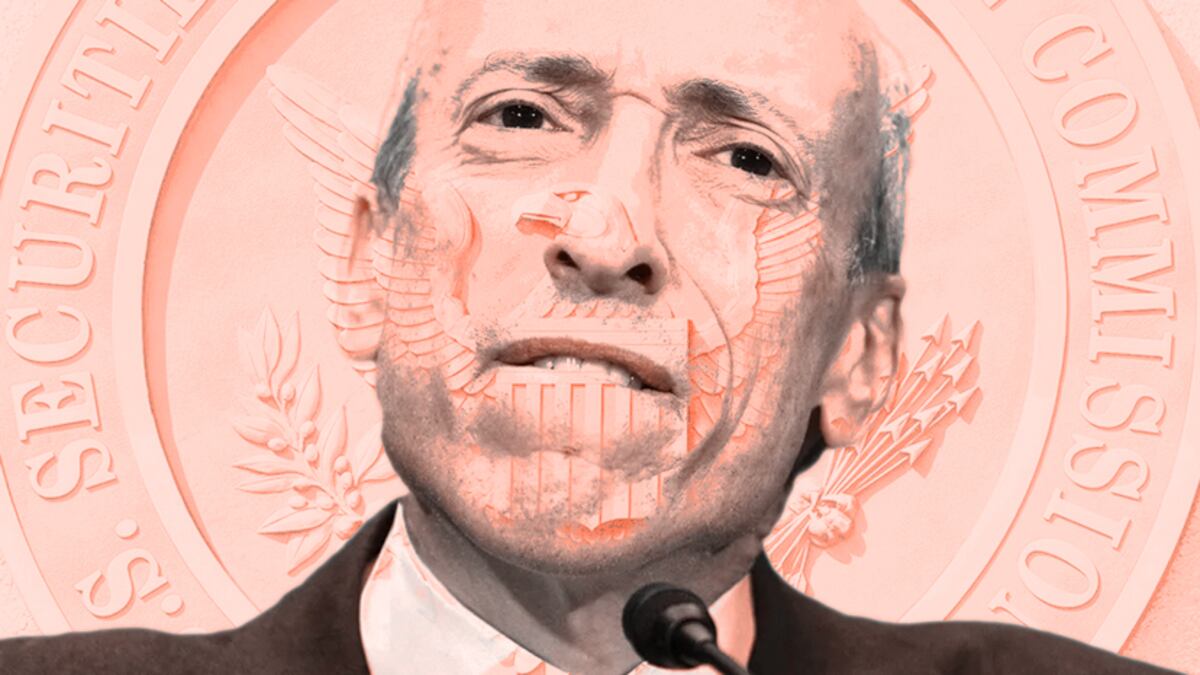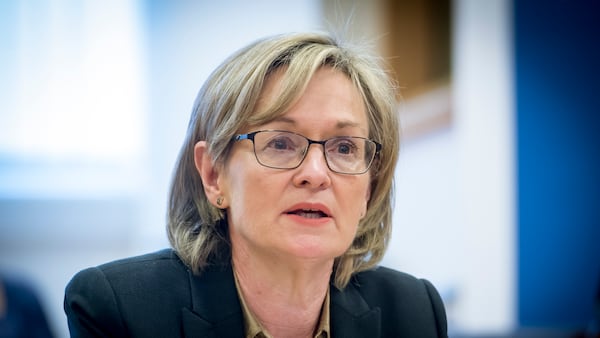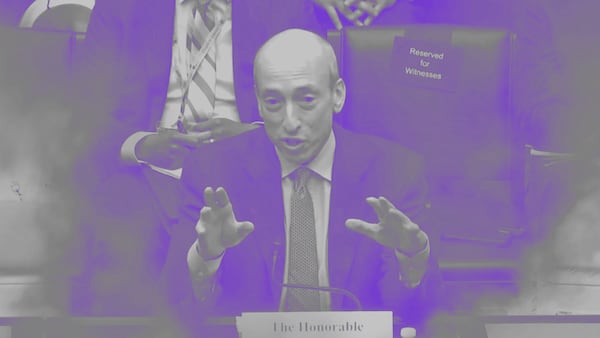If Gary Gensler hadn’t gotten under the skin of cryptocurrency mavens before he certainly did so this week.
On Tuesday, the chair of the US Securities and Exchange Commission sparred with sceptical lawmakers during a four-hour-plus grilling in the House Financial Services Committee.
And this came a day after the commission charged Bittrex with operating an unregistered securities exchange, the latest in a string of regulatory actions that have left industry leaders such as Coinbase CEO Brian Armstrong seething.
You can read more here:https://t.co/5D6tkEZWgm
— Brian Armstrong (@brian_armstrong) March 22, 2023
It didn’t help that Gensler tripled down on his description of the cryptocurrency space as scandal-prone and fraud-ridden and vowed, yet again, to bring it “inside the perimeter” of mainstream finance.
“I’ve never seen a field that’s so non-compliant with laws written by Congress and firmed over and over again by the courts,” Gensler told lawmakers.
Gensler, a onetime partner at Goldman Sachs, has never been one to pull his punches. While he has become the target of an army of critics since taking the helm of the SEC in 2021, no one should be surprised to see him crack down on the cryptocurrency industry.
NOW READ: Gensler’s history hints at what’s coming next in the crypto crackdown
His actions are consistent with his record as the chairman of the Commodity Futures Trading Commission from 2009 to 2014, and then as a professor at the MIT Sloan School of Management, where he taught a course on blockchain technology and money. Gensler’s non-nonsense approach was plain to see in both arenas.
”Those who have known Gensler throughout his regulatory career know he has an imperious attitude that tends to rub industry and fellow policymakers the wrong way,” Sean Tuffy, a regulation and market structure expert, told DL News. “He’s not a warm and fuzzy guy. You combine that with the fact he’s not saying what the industry wants to hear and you have a recipe for people to get very angry.”
It isn’t just industry types who are irked. So, too, were Republican congress members on the Finance Committee. They pressed Gensler for clarity on definitions, underscoring crypto industry leaders’ confusion on which digital assets are deemed to be securities, and why. The belligerent tone in their interrogation of Gensler wasn’t missed by those watching his testimony.
Apparently reluctant to make a definitive statement that could bring him into conflict with the SEC’s sister agency, the CFTC, Gensler refused to give simple yes or no answers.
Swaps steamroller
During his time at the CFTC, Gensler paid little heed to annoying Wall Street and installed almost all of the new swaps rules mandated by Congress in just four-and-a-half years, in the wake of the global financial crash in 2008.
At that time, he had a lot of support from the Obama Administration, plus popular support that Wall Street’s biggest banks needed to be brought under control.
When President Biden nominated Gensler as chair of the SEC in 2021, some in the crypto industry rejoiced. As a professor steeped in the mechanics of blockchain technology, many were relieved to have a regulator who actually understood the technology. Surely he would be supportive.
Two years and 55 enforcement actions later, the crypto community knows Gensler is no soft touch. Some of the ensuing dismay was reflected in Twitter commentary this week, when a short video clip of Gensler delivering a lecture at Sloan in 2019 circulated.
In the clip, Gensler praises blockchain network Algorand, as a good technology that could power payments for apps Uber or Lyft.
Algorand is the issuer of ALGO, a token that the SEC categorised as a security in its lawsuit against Bittrex. Twitter users held up the clip as a piece of pure hypocrisy: how could Gensler shill Algorand in 2019, and come after it in 2023?
One answer might be that Gensler, like many in policy and on Wall Street, subscribes to a “blockchain not Bitcoin” attitude. While high finance is leery of getting too involved with volatile cryptocurrencies, the underlying technology has been touted by industry and regulators as a potential upgrade for outdated digital infrastructure.
Goldman Sachs, where Gensler began his career and excelled, has clearly articulated this notion. The longer video from which the Algorand clip shows Gensler essentially laying out potentially disruptive technologies coming for Wall Street.
His comments about the blockchain network are made in that context, as an academic thoughtfully considering possibilities, not as part of a definitive policy statement.
Both those things can be true. It can be a great technology, and an unregistered security.
— Paul Vigna (@paulvigna) April 17, 2023
Registration frustration
So there is some nuance to what may appear to many in crypto to be Gensler’s inconsistency. He must tread carefully so as not to upset the CFTC, with which the SEC works closely. And if there is ambiguity around definitions, that is because Congress hasn’t produced any laws on crypto.
“I understand the frustration of people who just want an answer. But at the end of the day, there is some ambiguity around oversight and definitions and that needs to be cleared legislatively. That’s honestly on Congress, not the SEC or CFTC,” Tuffy said.
NOW READ: ‘The Gensler era has not been easy’: Security tokens push crypto firms into long and costly SEC maze
However, Tuffy added, there is merit in the industry’s complaints that the SEC’s registration process is complex and costly. With MiCA now finalised and creating a clearly articulated path forward in the EU, the frustration is doubled, he added.
“The process of registration with the SEC, especially for new or novel things, is not particularly easy. And often the roadmap is not clear. I absolutely agree that it can be frustrating,” he said.





